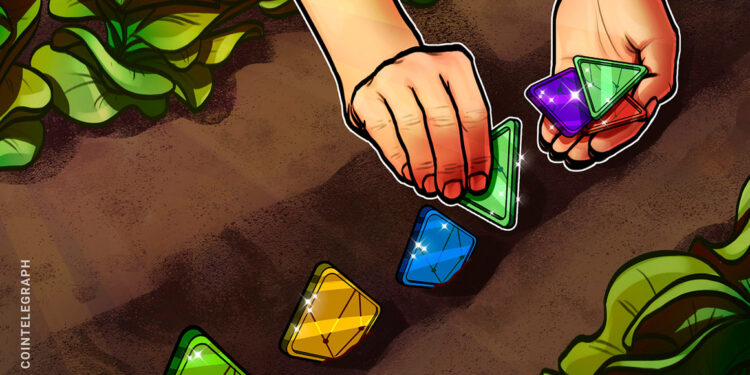Urvit Goel, the vice president for Global Business Development for Gaming at the Polygon blockchain project, is convinced that the integration of non-fungible tokens (NFTs) will bring considerable benefits to the gaming industry.
Goel made the corresponding assessments last week in Seoul in an interview with Cointelegraph. In this context, he also explained Polygon’s intentions to specifically push NFT games so that they can establish themselves on the market.
One of the main advantages Goel sees is that the traditional business model of video games is at a disadvantage compared to the NFT games, because in the former players can buy in-game items, but they cannot be resold or the invested money cannot be recovered.
In the field of gaming finance (GameFi), on the other hand, users can purchase these items in the form of NFTs and sell them as soon as they have lost interest in the game. In short, traditional games would operate according to the pattern “money in, no money out”, which is why Goel believes that it is definitely of interest for players to be able to get at least part of the invested money back:
“We want to give users the opportunity to really own the content they buy. If you want to sell them, you should be able to do that, if not, then not. But even if you only get a penny back, it’s better than nothing, right?“
Goel points to Polygon’s upcoming partnerships in South Korea, which could make an important step in this direction. For example, the video game manufacturer Nexon, which is responsible for the popular title MapleStory, is planning a blockchain version of the game.
According to the expert, the market entry of large companies could trigger “a kind of domino effect”, whereby the switch to blockchain would mean that the companies in question must have great confidence in the technology, otherwise they would not take the risk:
“Such game manufacturers wouldn’t actually have to get on the blockchain at all, because they already have a successful business. They are already generating billions with their traditional games.“








